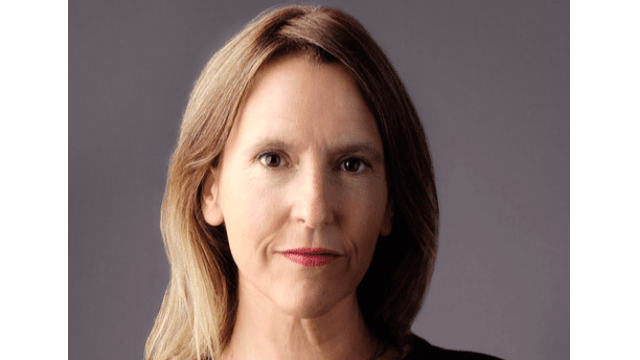"One Month, One Engaged Alumni: Clémentine BALDON E(99) 'CSR involves questioning the status quo to inspire the collective.'"
06.18.2024
Lawyer, lecturer at ESSEC, and member of the Supervisory Board of ESSEC. She specialises in European and international competition and environmental law. After working in international business law firms and in-house, she founded Baldon Avocats, which supports associations and companies committed to the transition. As a lawyer for the "Affaire du siècle" (Case of the Century), she is also a pioneer in litigation against greenwashing practices in France. She is heavily involved in reflecting on the evolution of international trade rules (WTO law and investment arbitration) to ensure they no longer obstruct states' democratic decisions in favour of the general interest for responsible communication.**
E.S.B.: What is your background, and what made you interested in CSR?
C.B.: A word about my education first: I studied law at Paris II Assas in parallel with ESSEC (a grande école) and became a lawyer in 2002 (then a solicitor in England in 2005). I started my career as a competition lawyer and became Deputy Legal Director at Bouygues Telecom. That's where I had my first epiphany. In 2016, a conference led by the CSR Director of the Bouygues group made me aware of the urgency of the climate crisis and convinced me to work on environmental issues. I offered my services pro bono to NGOs. This was my second epiphany: I accepted the challenge of drafting a submission to the Constitutional Council in a few weeks, targeting the investment arbitration mechanisms in the free trade agreement between the European Union and Canada (CETA). I came away with the conviction that international law had to evolve and that I had a role to play.
E.S.B.: How does CSR concretely manifest in your life?
C.B.: Today, CSR thoroughly permeates my activity. As a lawyer, almost all the cases I handle have a vital CSR component, whether in litigation for NGOs or advising companies. The issues involve responsible communication and greenwashing, the vigilance and responsibility of multinationals, the tensions between international trade law and the ability of states to regulate in the general interest... As a lecturer at ESSEC, I have taken courses related to CSR. This is also true for the conferences I speak at and the articles I may publish.
E.S.B.: How do you define CSR?
C.B.:It's probably a professional bias, but I like the literal definition of CSR, which refers to the responsibility of the company towards society. This is not fixed but evolves with society and scientific knowledge.
E.S.B.: How is it a catalyst for business, and what type of ROI does it provide?
C.B.: Applying CSR centrally and intelligently allows for consideration of long-term societal trends related to the company's activity, enabling anticipation rather than reaction. CSR also provides an ethical compass essential for good governance and acts as a buffer against reputational risks, which, with the amplification of social networks, can destroy a company. More profoundly, I am convinced that a company that brings no value to society will disappear in the long or short term.
E.S.B.: What would you like to say to the ESSEC Alumni Club and others?
C.B.:It is our individual and collective responsibility to transform the system for a more sustainable and just future. Changing one's way of working through the lens of CSR can sometimes seem risky or pointless in the face of systemic challenges. However, I am deeply convinced that systemic change will come from a series of bold actions, particularly from companies questioning the status quo and inspiring others.

comments0
Please log in to see or add a comment
Suggested Articles




